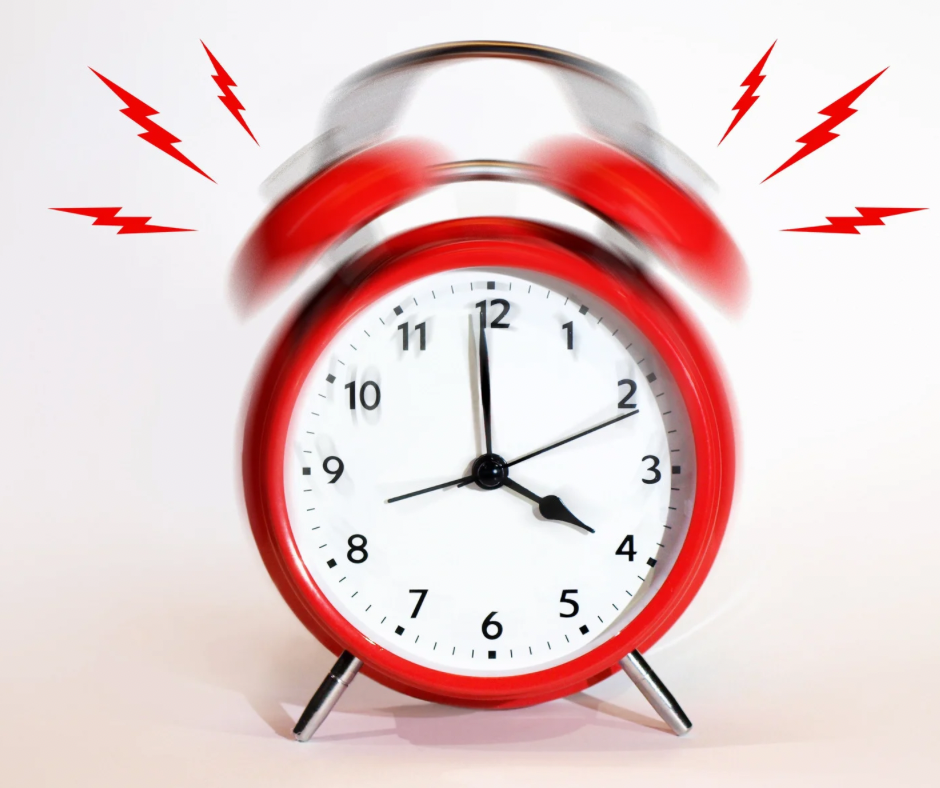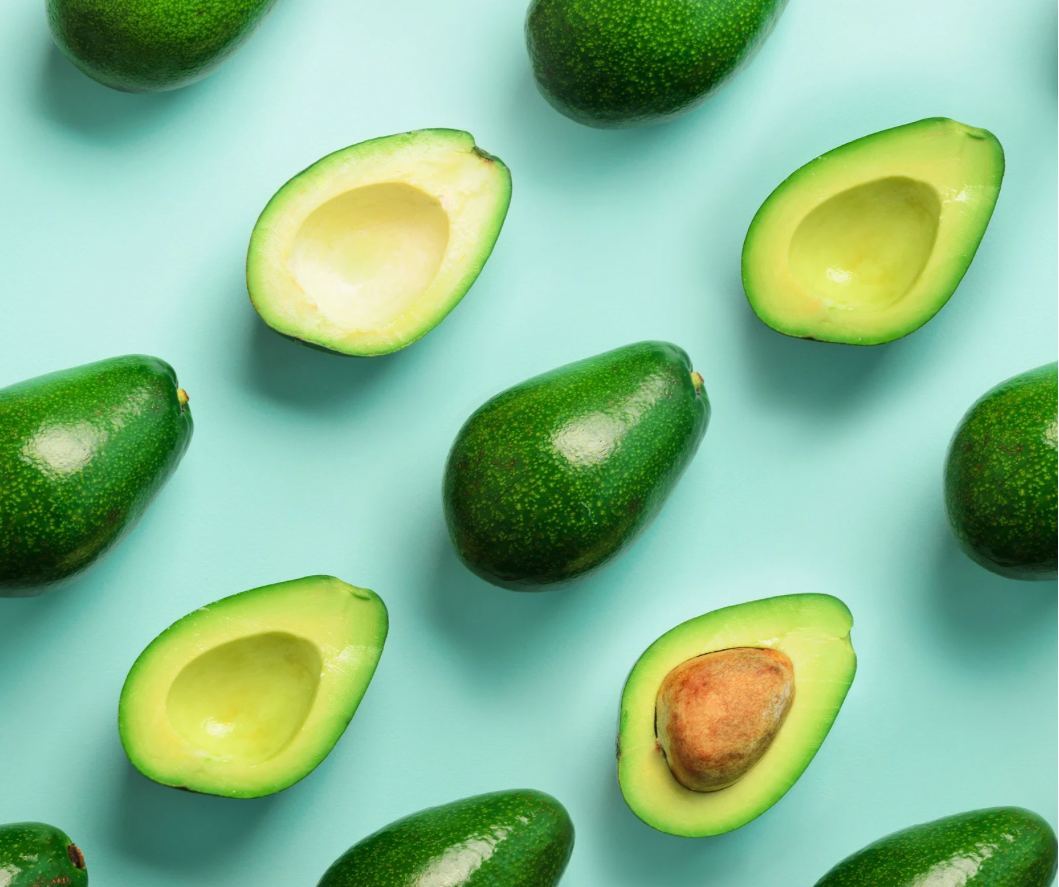A Complete Guide To Eating Yourself To Better Sleep ( & Hair) Pt 1
How To Eat Your Way To Better Sleep & Hair

If you've ever wondered why some nights you drift off effortlessly while others leave you staring at the ceiling, the answer might be sitting in your kitchen. What you eat, when you eat it, and how much you consume can make the difference between tossing and turning or enjoying deep, restorative sleep that leaves you refreshed and energised. Let's have a look at how you can use the power of nutrition to transform your nights and, consequently, your days.
The Foundation: Composition, Timing and Size Matter
Think of your digestive system as a busy factory that never really shuts down. When you eat a large meal close to bedtime, you're essentially asking this factory to work overtime, just when your body wants to focus on rest and repair. This creates a biological conflict that can leave you feeling restless and uncomfortable.
The Three-Hour Rule
Here's a simple guideline that can revolutionise your sleep: avoid major meals within three hours of bedtime. This gives your body enough time to handle the heavy lifting of digestion before you ask it to switch gears into sleep mode. Your stomach will thank you, and so will your sleep quality.
When you do eat in the evening, focus on lighter meals that won't tax your digestive system. Think of foods that are easy to break down and won't spike your blood sugar or require intense metabolic work.
The Sleep-Supporting Superstars: Key Nutrients Your Body Craves
- Magnesium: The Relaxation Mineral
Magnesium is like nature's chill pill. This essential mineral supports the production of GABA, a neurotransmitter that essentially tells your nervous system to relax and prepare for sleep. When you're deficient in magnesium, your brain has a harder time shifting into that calm, sleepy state.
What Foods are rich in Magnesium?
- Pumpkin seeds (perfect for autumn snacking)
- Almonds and other nuts
- Dark leafy greens like spinach
- Dark chocolate (yes, really!)
Supplement Options

If you're considering a magnesium supplement, magnesium glycinate or citrate are your best bets. These forms are gentle on your stomach and contain glycine, an amino acid that has its own calming properties. Aim for 310-420 mg daily, and you can even try magnesium oil applied topically to soothe muscles before bed and calming for twitchy legs.
Melatonin - Your Body's Natural Sleep Signal
While your body produces melatonin naturally when darkness falls, you can support this process through strategic food choices. This hormone doesn't just make you sleepy—it coordinates your entire circadian rhythm and signals to every cell in your body that it's time for rest and repair. If you're considering melatonin supplements, less is often more. Effective doses range from 0.3-5 mg, taken 30 minutes to 2 hours before bedtime. Never exceed 10 mg at once and remember that melatonin supplements work best when combined with good sleep hygiene practices.
Natural Melatonin Boosters
- Tart cherry juice (the star of natural sleep aids)
- Various meats
- Mushrooms
- Colourful fruits and vegetables
Tart cherry juice deserves special mention here. It's become popular among athletes and sleep enthusiasts because it naturally contains both melatonin and serotonin, creating a gentle, natural pathway to better sleep.
Omega-3 Fatty Acids - The Anti-Inflammatory Sleep Supporters
These healthy fats do double duty—they fight inflammation throughout your body while supporting better sleep quality. Research consistently shows that people with adequate omega-3 intake sleep better and feel more rested upon waking.
Best Sources of Omega 3
- Fatty fish like salmon, sardines, mackerel, and anchovies
- Walnuts
- Flaxseeds and chia seeds
- High-quality fish oil supplements
Aim for 1-2 servings of oily fish per week or consider a supplement providing around 1 gram of omega-3s daily. One study found that adults over 45 who took about 860 mg of combined EPA and DHA daily experienced significant improvements in sleep quality.

What should you limit? Here are ‘The Sleep Saboteurs’
Caffeine: The Obvious Culprit
Caffeine can stay in your system for 6-8 hours, which means that afternoon coffee at 3pm might still be interfering with your sleep at 11pm. Everyone's sensitivity is different, but as a rule of thumb, try to avoid caffeine after 2pm if you go to bed around 10pm.
Alcohol: The Tricky One
While alcohol might initially make you feel drowsy, it's one of the worst things for sleep quality. It disrupts your sleep cycles, preventing you from getting the deep, restorative sleep your body needs. You might fall asleep faster, but you'll likely wake up feeling groggy and mashed.
Creating Your Sleep-Supporting Environment
Morning Light Ritual
Start each day by exposing your eyes to natural sunlight—no sunglasses needed for this important biological signal. Even just opening your blinds first thing in the morning or taking a short outdoor walk can help keep your internal clock properly synchronised. This morning light exposure sets the stage for better melatonin production later in the evening.
Evening Wind-Down Protocol
As evening approaches, begin dimming your lights and put away electronic devices. The blue light from screens can suppress melatonin production for hours, confusing your body about whether it's time to sleep or stay alert. Instead, try reading a physical book, gentle stretching, or meditation.
Your Sleep Sanctuary – Your Boudoir
- Keep your bedroom cool (around 65-68°F)
- Make it as dark as possible with blackout curtains or an eye mask
- Minimise noise with earplugs or a white noise machine
- Maintain consistent sleep and wake times, even on weekends.
Managing Stress for Better Sleep
Here's something many people don't realise - stress and sleep are locked in a complex dance. When you're stressed, your body produces cortisol, which can interfere with melatonin production and disrupt your natural sleep cycles. Poor sleep then makes you more susceptible to stress the next day, creating a frustrating cycle.
Breaking the Stress-Sleep Cycle
- Practice daily mindfulness or meditation
- Try gentle yoga or tai chi in the evening
- Use deep breathing exercises before bed
- Get regular physical activity, but not too close to bedtime
- Consider adaptogenic herbs like ashwagandha
During darker months, this becomes even more crucial as seasonal changes naturally affect mood and energy levels. Instead of fighting against nature's urge to slow down, lean into it with more restorative activities and earlier bedtimes your hair and scalp will thank you for it!
"We are passionate about healthy hair"
Hair loss treatments for patients in and around London. Providing TrichoSynergy personal consultations and hair treatments.
Don't despair! Call to find out how we can help...
At TrichoSynergy we diagnose the cause and provide bespoke treatments for each of our patients.
Happy Healthy Hair Blog










